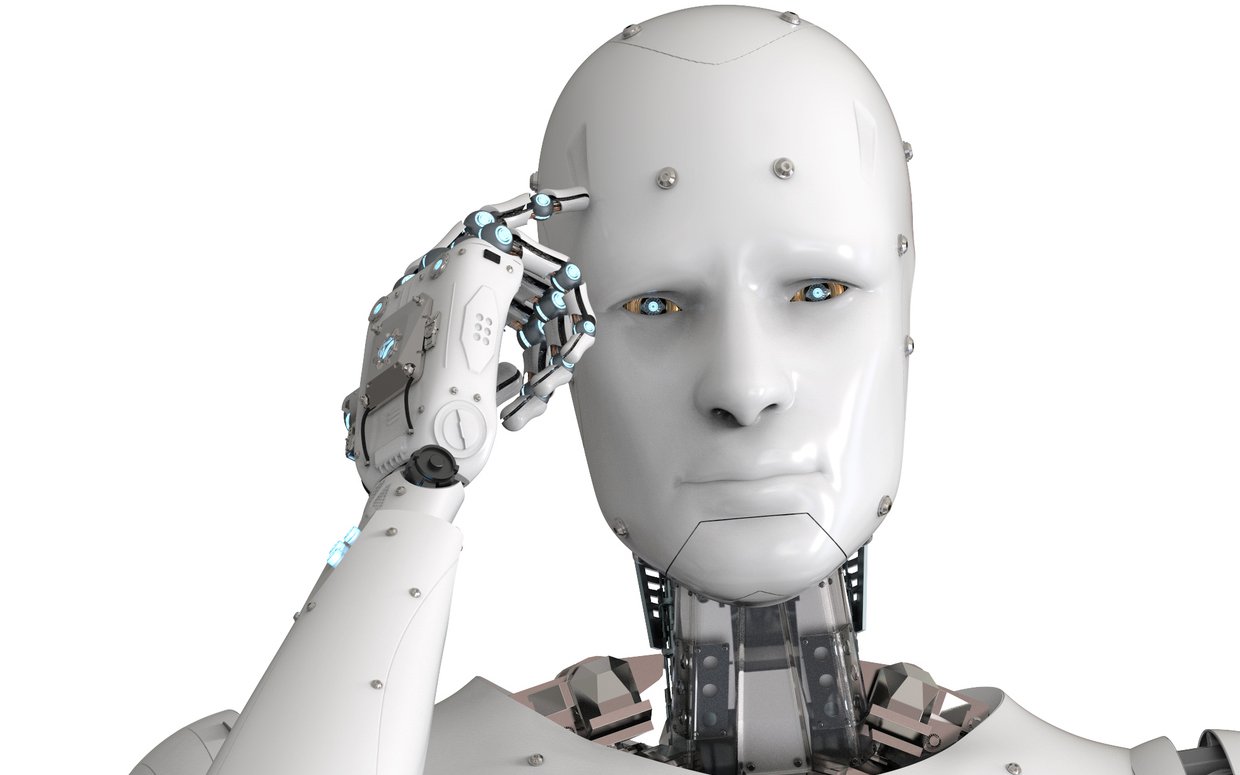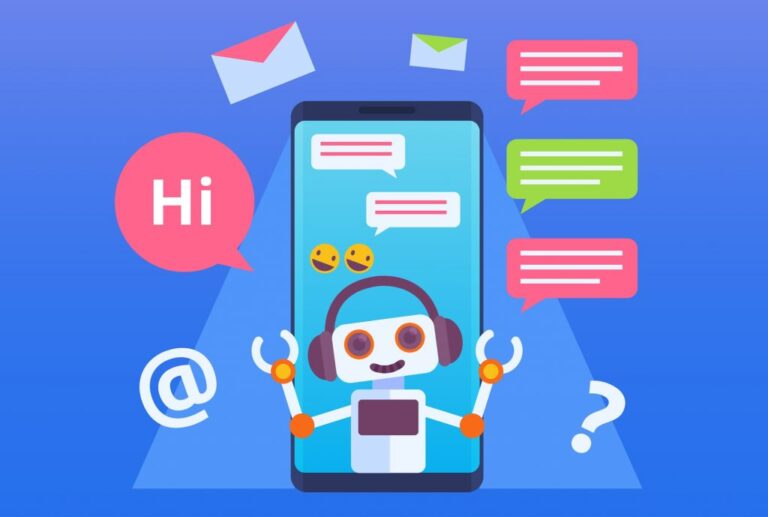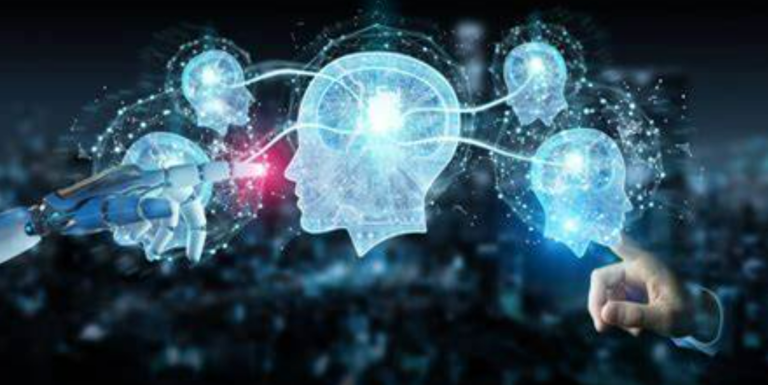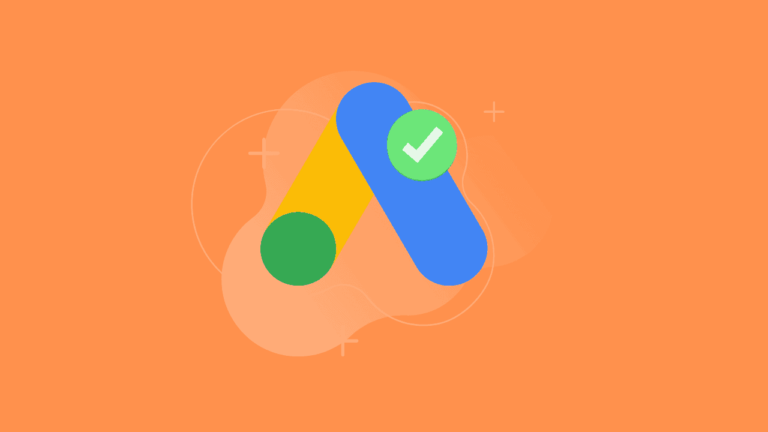AI, or artificial intelligence, has been rapidly advancing in recent years, opening up a world of possibilities for businesses and individuals alike. Here are some of the AI technologies that are now available for all:
- Voice Assistants: Voice assistants, such as Siri, Alexa, and Google Assistant, use AI to understand and respond to voice commands. These assistants can perform a variety of tasks, such as setting reminders, playing music, and controlling smart home devices.
- Image and Video Recognition: AI-powered image and video recognition technology can analyze and interpret visual data, making it possible to automatically tag and categorize photos and videos. This technology is used in a variety of applications, from social media to security cameras.
- Natural Language Processing: Natural language processing (NLP) is an AI technology that enables machines to understand and interpret human language. NLP is used in a variety of applications, such as chatbots, virtual assistants, and voice recognition.
- Recommendation Systems: Recommendation systems use AI to analyze user data and provide personalized recommendations. These systems are used by e-commerce websites, streaming services, and social media platforms to suggest products, movies, and content to users.
- Machine Learning: Machine learning is a branch of AI that enables machines to learn from data and improve their performance over time. This technology is used in a variety of applications, such as fraud detection, predictive maintenance, and personalized marketing.
- Sentiment Analysis: Sentiment analysis uses AI to analyze text data, such as social media posts and customer feedback, and determine the sentiment behind the text. This technology is used by businesses to monitor brand reputation and customer satisfaction.
- Robotics: AI-powered robots are becoming increasingly common in manufacturing, healthcare, and other industries. These robots are capable of performing complex tasks, such as assembly, inspection, and surgery.
- Predictive Analytics: AI-powered predictive analytics uses machine learning algorithms to analyze data and predict future outcomes. This technology is used in a variety of applications, such as forecasting sales, predicting customer behavior, and detecting fraud.
- Speech Recognition: AI-powered speech recognition technology is used to transcribe speech into text. This technology is used in a variety of applications, such as virtual assistants, speech-to-text software, and transcription services.
- Personalization: AI-powered personalization technology is used to create personalized experiences for users based on their behavior and preferences. This technology is used in a variety of applications, such as e-commerce, marketing, and content recommendation.
- Computer Vision: AI-powered computer vision technology is used to analyze and interpret visual data, such as images and videos. This technology is used in a variety of applications, such as self-driving cars, facial recognition, and object detection.
- Chatbots: AI-powered chatbots are becoming increasingly common in customer service, allowing businesses to provide 24/7 support and assistance to their customers. Chatbots use natural language processing and machine learning algorithms to understand and respond to customer inquiries.
- Virtual Assistants: AI-powered virtual assistants, such as Amazon’s Alexa and Apple’s Siri, are becoming increasingly sophisticated, with the ability to perform a wide range of tasks and interact with other smart devices.
- Natural Language Generation: Natural language generation (NLG) uses AI to generate human-like language from data. This technology is used in a variety of applications, such as automated report generation and content creation.
- Medical Diagnosis: AI-powered medical diagnosis tools are being developed to assist doctors in diagnosing diseases and predicting patient outcomes. These tools use machine learning algorithms to analyze medical data and provide insights to healthcare professionals.
- Overall, AI technology has the potential to transform a wide range of industries and applications, and many of these technologies are now available for all to use. As AI continues to advance, we can expect to see even more sophisticated and powerful applications of this technology in the future.





